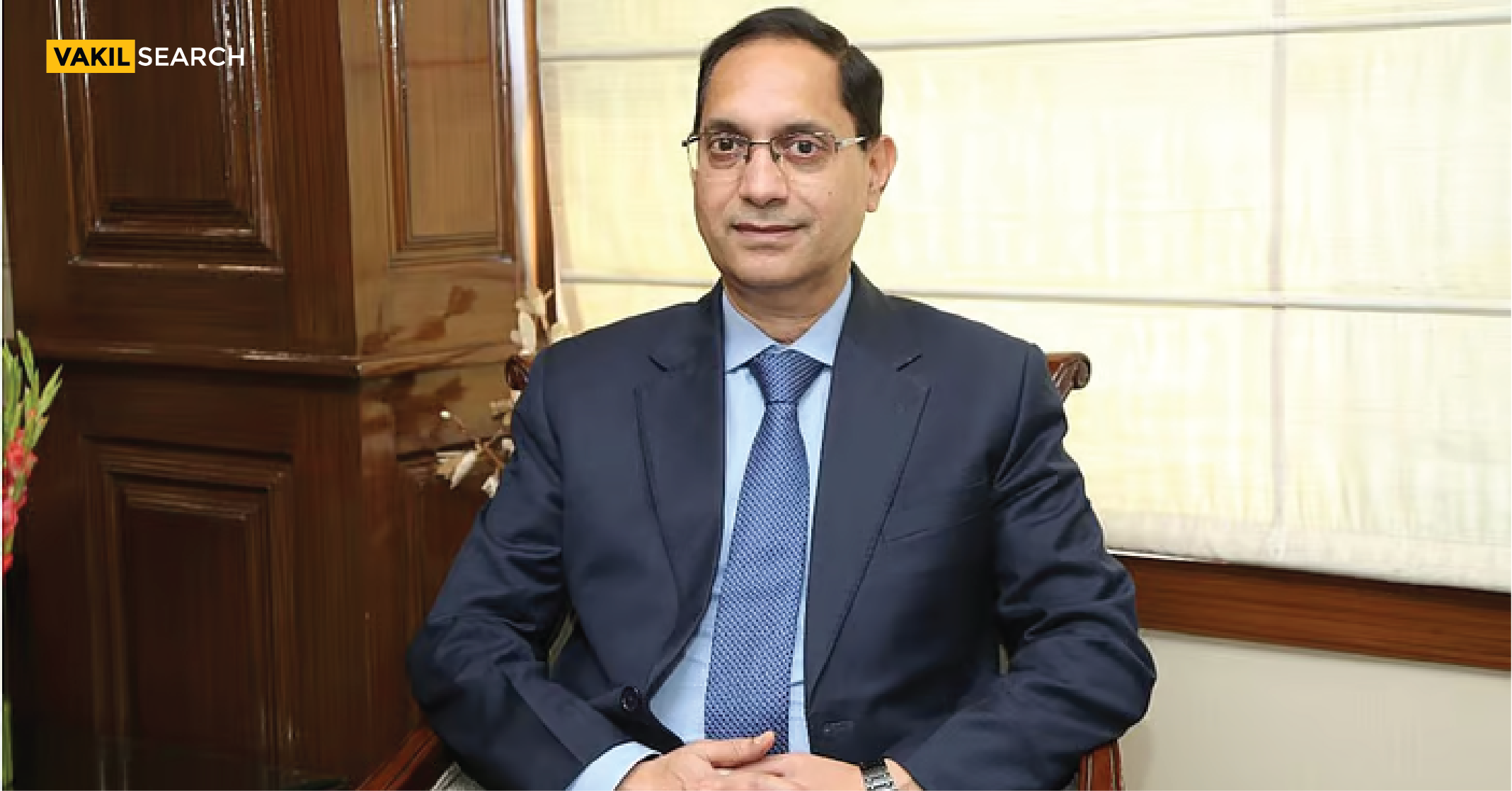India’s Import Duty cuts and Tax Relief is a move that signals India’s commitment to trade liberalisation, Finance Secretary Tuhin Kanta Pandey has elaborated on the government’s decision to reduce import duties in the 2025-26 Budget.
These import duty cuts, aimed at rationalising the country’s import tariff structure, come at a time when India is seeking to simplify its trade policies and foster a competitive domestic industry.
The reductions align with a broader global trend of tariff adjustments and serve as a message that India is actively modernising its trade framework to support economic growth. The import duty reductions are expected to bring long-term benefits, particularly in terms of reducing costs for consumers and industries, thereby enhancing India’s global standing.

Addressing Criticism on High Tariffs
One of the key drivers behind the import duty reductions is India’s response to international criticism, particularly from the United States under former President Donald Trump. For years, India’s import tariffs had been a point of contention with global trade partners, including the U.S., which accused the country of imposing high duties that hindered market access. In light of these concerns, the Indian government’s decision to reduce import duties reflects its commitment to trade reform.
The Budget’s changes to customs duties are expected to send a strong signal not only to global markets but also to domestic industries. With the average tariff on industrial goods now lowered to 10.6%—down from over 13% previously—the new policy is designed to promote greater competition and boost economic competitiveness across various sectors.
Import Duty Cuts: Impact on Global Trade and Economic Competitiveness
The tariff reductions, which involve the removal of several high customs tariff rates, are not just a domestic measure. Pandey explained that the changes were made with the broader global economic context in mind. This move coincides with a period of heightened global trade tensions, with the Trump administration imposing high tariffs on goods from China, Canada, and Mexico. As such, India’s action is seen as a strategic attempt to distance itself from protectionist measures and position the country as a more open and competitive economy.
The cut in duties is especially notable in sectors such as automobiles, where the basic customs duty (BCD) has been significantly reduced. While the effective duty rate for some items remains unchanged due to the restructuring of the cess, the overall impact is still seen as a positive step toward lowering trade costs. Pandey emphasized that the government’s actions are not intended to reduce states’ shares of import duties but to lower the BCD rate, which is internationally recognised as the benchmark for computing average tariff rates.
Import Duty Cuts: Removal of Seven High Customs Tariff Rates
Moreover, the removal of seven high customs tariff rates, in addition to the adjustments made in the 2023-24 Budget, reflects the government’s ongoing efforts to streamline its trade policies. The goal is not just to make imported goods cheaper but to improve the overall economic environment by promoting investment, innovation, and competition in key industrial sectors.
The Role of Household Investment in Economic Growth
Beyond tariff reductions, the Budget also includes measures to stimulate investment, particularly from households. Pandey highlighted that the income tax relief introduced in the Budget is designed to have a broader economic impact by encouraging individuals to invest, save, or spend their additional income.
The government’s approach is not prescriptive, leaving taxpayers with the flexibility to decide how they want to utilise their tax savings. This, according to Pandey, could create a multiplier effect that benefits the economy in multiple ways.
While the focus has often been on corporate and government investments, Pandey pointed out the often-overlooked role of households as investors. Households are significant contributors to the economy through investments in various sectors. These investments are often more widely dispersed compared to government-funded infrastructure projects, which are typically concentrated in specific areas.
Moreover, when taxpayers choose to save their tax savings, it could contribute to improving the deposits ratio in banks, which has been a persistent concern in the Indian
banking system. Pandey noted that if individuals save their money, it will help banks increase their deposit base, thus enabling them to lend more and stimulate economic growth.

A Taxpayer-Friendly Budget: Focus on the Middle Class
In addition to reducing import duties, the government has also introduced significant tax relief for individuals, particularly focusing on the middle class. Finance Minister Nirmala Sitharaman announced a new tax regime (NTR) that provides substantial cuts in tax rates and increases in rebates. Under this system, individuals with annual taxable income of up to ₹12 lakh will be exempt from tax, while those earning more will benefit from savings of up to ₹1.1 lakh due to the rationalisation of tax rates.
Conclusion:
As the Indian government rolls out significant import duty cuts and reduction in tax rates, signaling a commitment to economic reform, Vakilsearch’s IT filing services are designed to help businesses navigate these changes with ease. Our expert services ensure seamless tax filings, compliance with the latest trade policies, and strategic advice to maximise savings from duty cuts and tax reliefs. Stay ahead of India’s evolving economic landscape and leverage growth opportunities effortlessly. Trust Vakilsearch to simplify your IT filings, so you can focus on expanding your business in a more competitive and dynamic economy.
- Import Duty Cuts Signal Economic Reform, Says Finance Secretary - February 4, 2025
- Microsoft Layoffs: Immediate Termination Without Severance - February 3, 2025
- 8th Pay Commission: Expected Rise, Fitment Factor, & Pay Matrix - January 30, 2025

